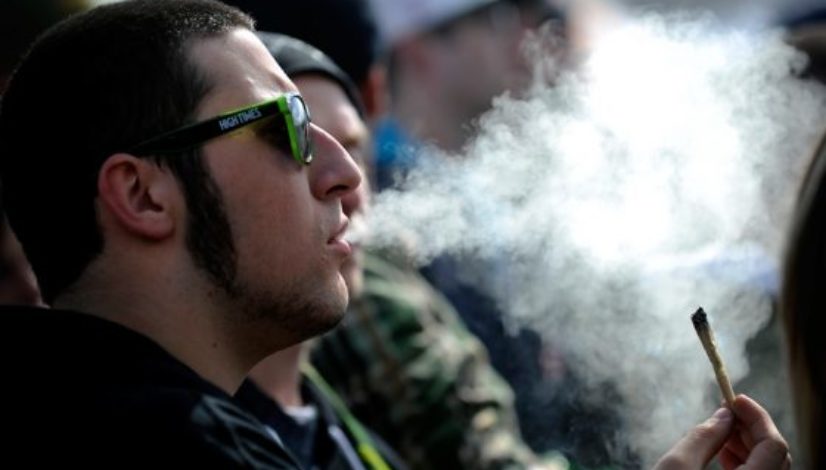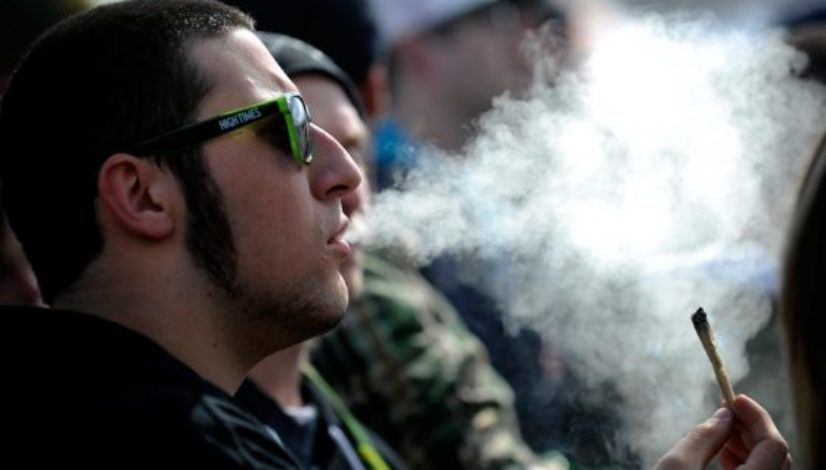How does cannabis affect us? $5.5M study to look at twins living in two states

Published: Oct 24, 2017, 4:26 pm • Updated: Oct 24, 2017, 4:46 pm
By Monte Whaley, The Denver Post
A sweeping $5.5 million study of cannabis use among Colorado and Minnesota twins, both identical and fraternal, will try to discover why some people are more vulnerable to the negative impacts of marijuana, among other topics.
The study of 5,000 twins, funded by the National Institute on Drug Abuse, is the first in the United States and will be conducted by University of Colorado researchers.
The analysis by CU and the University of Minnesota is pivotal since more states are legalizing recreational marijuana but little is known about the health and social consequences of such a rapid shift in public policy, said John Hewitt, director of the Institute for Behavioral Genetics at CU Boulder and co-principal investigator of the study.
“There is clear need for solid scientific evidence and the experiment now unfolding in Colorado provides a rare opportunity to accumulate such evidence,” Hewitt said.
Hewitt and Christian Hopfer, professor of psychiatry at CU’s Anschutz Medical Campus, will collaborate with colleagues at the University of Minnesota. They will examine 1,250 sets of twins ages 23 to 29 in Minnesota, where recreational marijuana use is prohibited, and 1,250 sets of twins in Colorado, where adult-use sales have been legal since 2014. Researchers have already been following the participants for 15 to 20 years as part of several ongoing longitudinal studies of twins.
Researchers have collected data on the twins’ use of marijuana, alcohol and other drugs in adolescence as well as about their psychological health and social functioning, CU said. Using phone and internet surveys over five years, they’ll now collect data from the Colorado twins regarding any changes in behavior from prior to legalization of recreational marijuana to post-legalization.
By including twins living in Minnesota, the researchers can control for factors — aside from legalization — that might influence outcomes regardless of what state one lives in. Besides frequency of use, the researchers will also look at the methods of consumption, including edibles, dabbing (inhaling heated marijuana oil) and smoking.
Related stories
- Jeff Sessions calls for “more competition” among medical marijuana growers for research
- Colorado officials skeptical about new study’s finding that legal marijuana reduced opioid deaths
- Michigan university launches degree program in marijuana science, business
- Recreational marijuana is saving lives in Colorado, study suggests
- UPDATE: Colorado regulators extend deadline for public input on changes to marijuana regs
The potency of the marijuana, in terms of THC level, will be noted, Hewitt said.
“There is a big cultural change of how marijuana is being used as a result of legalization,” he said. “Dabbing is just as legal as smoking your grandmother’s grass but the consequences could be very different.”
The CU group will also ask participants about their relationships with family members, if they are fulfilling their career goals, and to relate any legal or psychological challenges they may be facing.
By looking at pairs of identical and fraternal twins they also will be able to explore what genetic or environmental factors may play a role in making some people more vulnerable than others to any negative impacts of legalization.
“Some people will be fine. Some people may benefit. But for a subset of people, we suspect there will be adverse consequences,” Hewitt said.
Adult use of marijuana has doubled in the United States in the past 15 years, but little is known about how much consumption is too much and which populations should be advised to abstain from use, the researchers said.
“If you go to a doctor’s office, there are established guidelines for what you might call safe and appropriate use for alcohol,” Hopfer said. “But doctors have no idea what they should be telling patients when it comes to marijuana use.”
Topics: Colorado, colorado research, colorado research grants, legalization, Minnesota, research, University of Colorado




